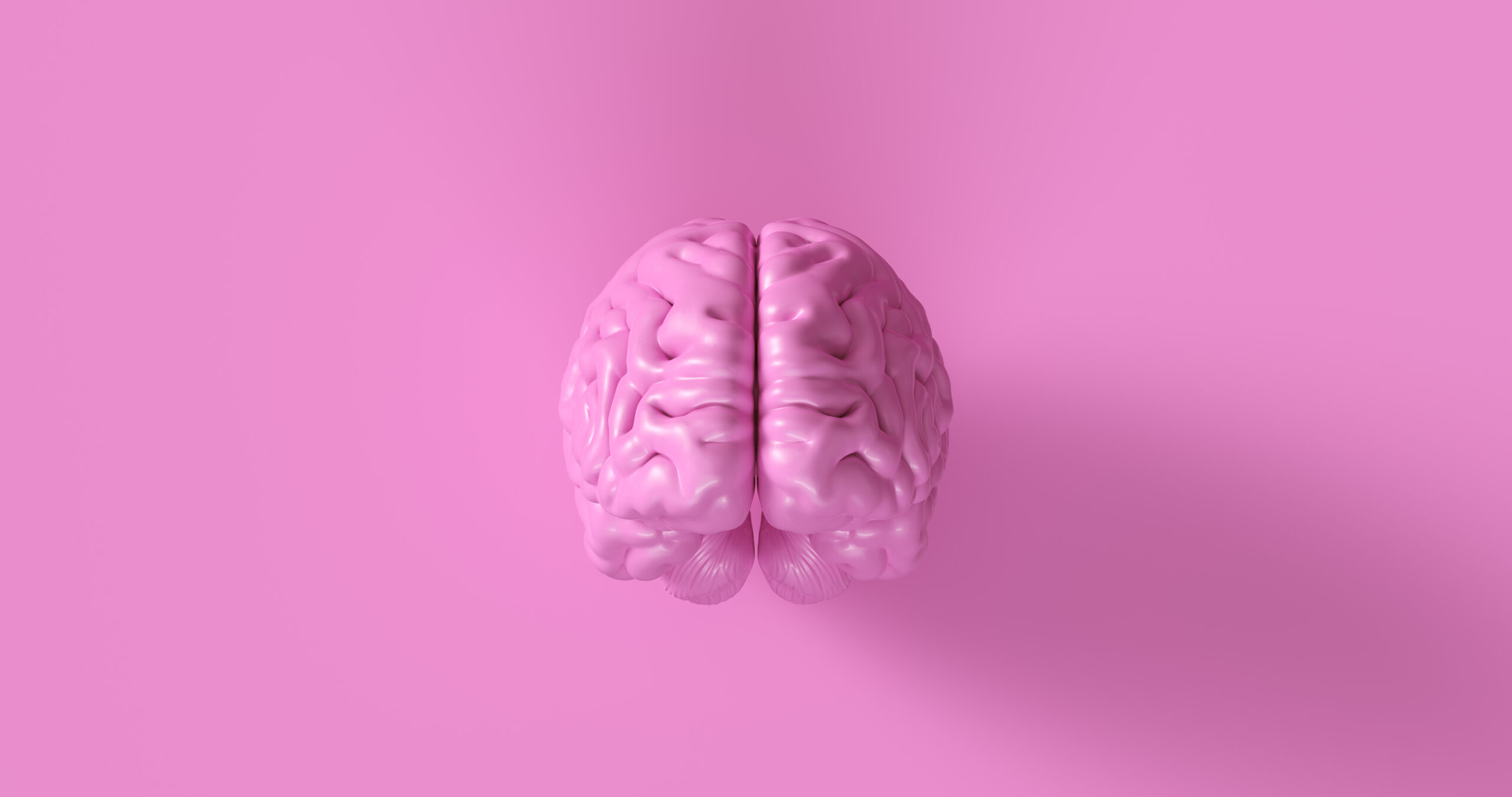Why Dementia Patients May Lose Track of Time and How to Assist Them
Dementia is a condition that affects millions of people worldwide, causing significant changes in how individuals perceive and interact with their environment. One of the common challenges faced by dementia patients is losing track of time. This difficulty can lead to confusion, stress, and a sense of disorientation. Understanding why this happens and how to assist these individuals is crucial for improving their quality of life.
### Why Dementia Patients Lose Track of Time
Dementia affects the brain’s ability to process information, including time. As the disease progresses, it can impair memory, thinking, and learning processes. This impairment makes it hard for individuals to keep track of time, leading to confusion about schedules, appointments, and daily routines. Additionally, changes in visual perception due to aging or dementia can further complicate understanding time, as visual cues that help us sense time, such as clocks, may become less understandable.
### How to Assist Dementia Patients with Time Management
Assisting dementia patients with time management involves using simple, intuitive tools and strategies that can help them stay on track without feeling overwhelmed. Here are some effective ways to support them:
1. **Visual Timers**: Visual timers are excellent tools for helping dementia patients manage time. These timers use a disappearing disc to show how much time has passed and how much is left, making it easy for individuals to understand time visually. This can be particularly helpful for tasks like taking medication or participating in physical therapy.
2. **Simplified Schedules**: Creating simple, easy-to-follow schedules can help dementia patients stay organized. Using large print and clear language can make these schedules more accessible.
3. **Reminder Systems**: Developing personalized reminder systems can motivate individuals to participate in daily activities. These systems can be tailored to remind them of appointments, meal times, or social events.
4. **Environmental Adaptations**: Making environmental changes at home can also help. For example, placing clocks in prominent locations or using calendars with large print can assist in keeping track of time.
5. **Engagement in Activities**: Encouraging participation in physical, social, and cognitive activities can help improve overall well-being and reduce the impact of time disorientation. Activities like puzzles, social interactions, or simple exercises can be beneficial.
By using these strategies, caregivers can significantly improve the quality of life for dementia patients, helping them feel more in control and connected to their daily routines.





